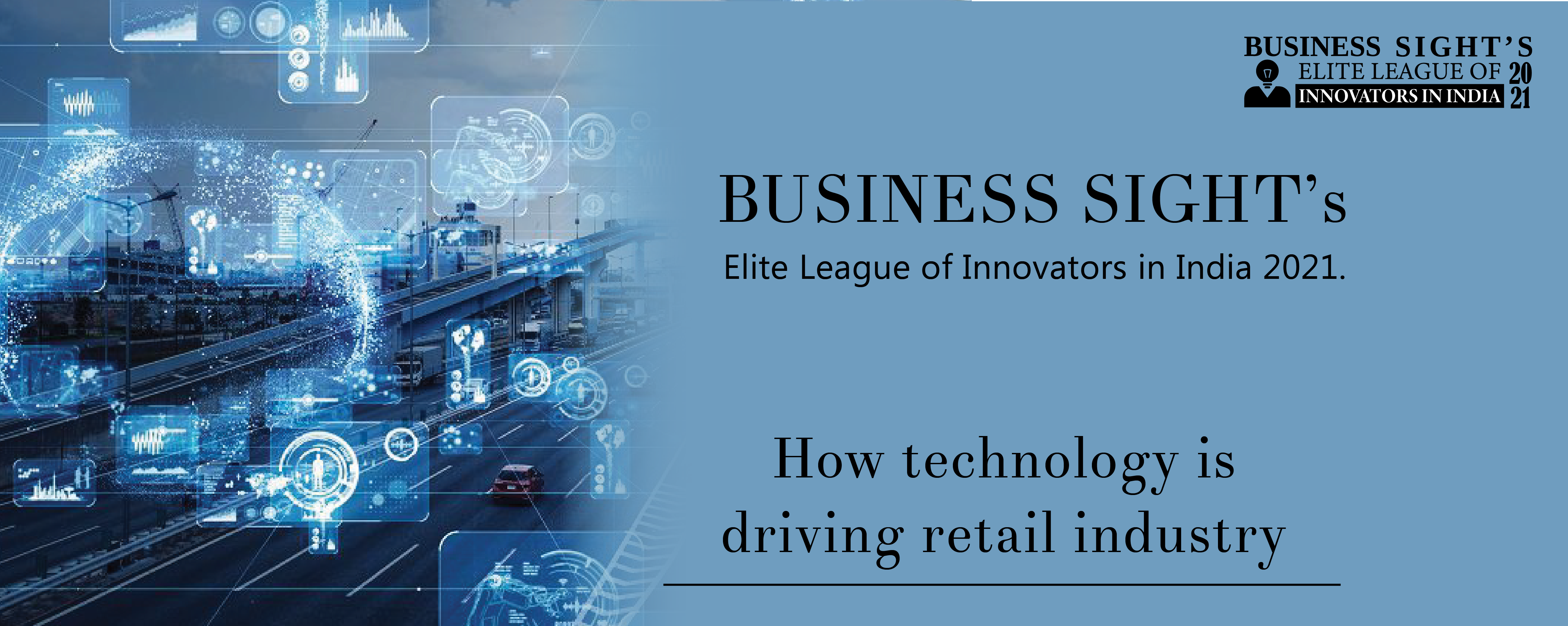2020 is predicted to feature an even stronger collision of two worlds, the financial services, and technology as we live in the digital era where technology is driving change in almost every industry. The use of smartphones, automation to improve operations, cloud computing to collaborate, data analysis to extract insights are all the novel technologies that are driving important and major changes in every industry and the banking and finance industry is no exception to the disruption that these technologies will bring. The banking industry is beginning to incorporate the traits and practices that were once the domain of fintech start-ups since fintech represents a powerful synergy of these industries and promise to bring out modern banking to a new level. As banking grows more complex, it is becoming more difficult to deliver seamless customer experiences and consistency across channels but smart use of technology is becoming an integral part of the success in business. Financial services and technology innovations will provide institutions with new opportunities that expand far beyond traditional banking services and by embracing disruption financial institutions and the markets and societies in which they operate will improve drastically. The banking and finance industry is becoming more comfortable with a faster pace of innovation, using data and analytics more extensively and digitizing processes by using advanced digital technologies and new business models to build better customer experiences.
The banking industry is going through massive changes unlike anything seen in decades as the new regulatory frameworks have been gradually settling into place, and financial institutions have been adjusting their business models accordingly. A study says more than 81% of banking CEOs are considering the impact of digitization in the finance world because fintech can considerably improve customer experience, combining new data processing and storage strategies with advanced analytics and new capabilities of cybersecurity. The global banking sector is becoming both more strategically focused and technologically advanced to respond to consumer expectations as it is now obvious that the accelerating pace of technological change is the most creative force.
New technologies are impacting legacy banking models and consumer expectations, as well as the competitors in the marketplace thanks to several financial organizations that are trying to keep up with the latest tech trends like chatbots, Artificial Intelligence (AI), Blockchain, etc. The buzz around artificial intelligence applications in fintech was huge as it is leading incumbent financial services and technology companies, using robotics and AI to address key pressure points, reduce costs, and mitigate risks. AI promises new sources of information about customers and data collection methods and the banking industry can consolidate all internal and external data, building predictive profiles of customers and members in real-time. As AI can offer capabilities such as social and emotional intelligence, natural language processing, logical reasoning, identification of patterns, physical sensors, mobility, etc., banks have benefitted enormously by adopting AI resulting in lower costs and more revenue.
With consumer data that is rich, accessible and financially viable to deploy, financial institutions of all sizes can know their customers and hence, in the nearest future, the fintech industry game-changers are characterized by new modeling methods such as enhanced analytics, alternative data sources, and their already existing business approaches. Some experts estimate that by the end of 2020, we will see a computer with the same processing power as the human brain while the AI will be replacing the bank teller.

















